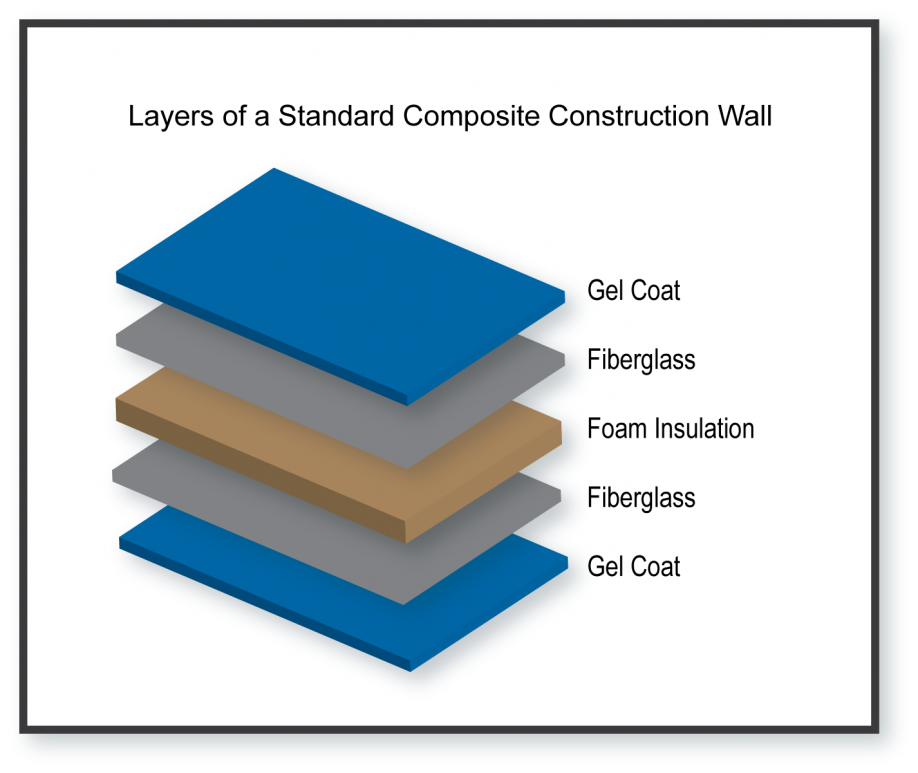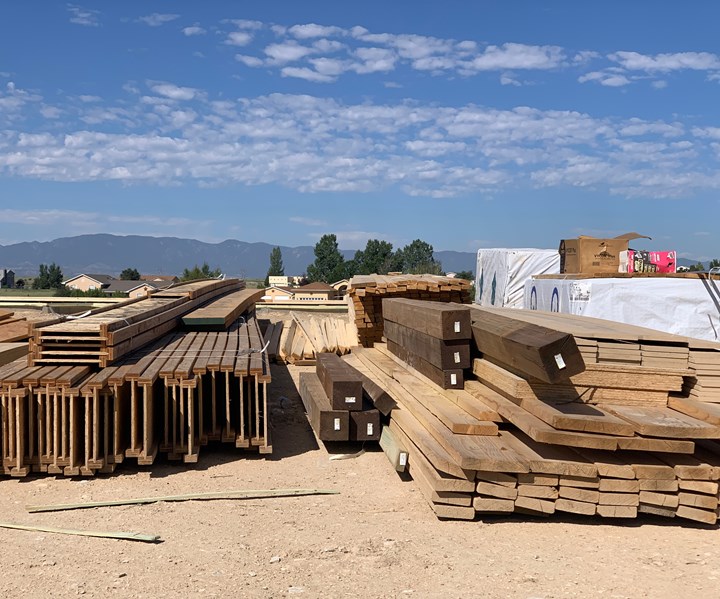The Benefits of Using Composites in Building Materials
Discovering the Uses and Advantages of Recycled Composites in Modern Industries
The amalgamation of recycled products with advanced composite innovations presents an appealing method for enhancing sustainability, resilience, and cost-efficiency throughout various industries. As sectors look for innovative remedies to deal with ecological problems and boost operational efficiencies, the unification of recycled composites emerges as an engaging option.
Environmental Benefits of Recycled Compounds
The application of recycled compounds in modern markets uses considerable ecological benefits, adding to the reduction of waste and the preservation of all-natural resources. By including recycled compounds into producing processes, industries can reduce their dependence on virgin products, thereby lowering the amount of waste created and the energy needed for removal and production. This shift towards using recycled composites assists in diverting materials from garbage dumps, reducing the worry on waste administration systems, and lowering greenhouse gas exhausts associated with conventional manufacturing methods.
Furthermore, using recycled composites advertises the preservation of natural resources such as lumber, minerals, and water, which are typically depleted via the removal and handling of raw materials (composites). By prolonging the lifespan of products through recycling, industries can assist preserve ecosystems and biodiversity by decreasing the need for brand-new sources. In general, the adoption of recycled compounds in modern markets plays a crucial function in promoting sustainability and reducing the environmental impact of manufacturing procedures
Boosted Toughness in Item Production
With an emphasis on longevity and effectiveness, incorporating recycled composites into product production procedures enhances toughness and sustainability. By utilizing recycled compounds, suppliers can produce products that are not just strong but additionally resistant to tear and use, making them perfect for lasting usage in different sectors. The combination of various products in recycled composites can typically cause improved strength and sturdiness contrasted to standard products, offering a cost-efficient remedy for creating lasting goods.
Among the vital benefits of utilizing recycled compounds in product production is the capability to customize the product properties to satisfy specific sturdiness requirements. By adjusting the make-up and manufacturing techniques, suppliers can customize the recycled compounds to endure extreme environmental problems, heavy loads, or frequent use without jeopardizing on efficiency. This versatility in style and manufacturing enables for the production of extremely long lasting items that preserve their stability in time, minimizing the requirement for regular replacements and eventually contributing to a much more lasting production procedure.
Cost-Effectiveness and Economic Advantages
Including recycled compounds right into item manufacturing not just improves durability and sustainability however likewise offers substantial cost-effectiveness and financial advantages. Utilizing recycled compounds can cause reduced product expenses as recycled materials are typically much less expensive than virgin materials. In addition, recycling composite products can reduce garbage disposal costs and lower the need for landfill room, adding to overall cost financial savings for sectors.

Advancement and Style Adaptability With Recycled Composites
Making use of recycled composites in modern industries provides unparalleled opportunities for development and layout adaptability. By incorporating recycled products into composite manufacturing procedures, firms can push about his the boundaries of typical layout restrictions and explore brand-new possibilities. The versatility of recycled compounds enables for the creation of intricate shapes and structures that could not be possible with standard materials.
One of the vital benefits of recycled composites is their ability to be built right into different types, offering designers the freedom to experiment with one-of-a-kind sizes and shapes. composites. This adaptability opens up a globe of imaginative opportunities, making it possible for the development of lightweight yet sturdy products that satisfy the certain demands of different markets
In addition, the use of recycled compounds promotes sustainable methods and sustains the circular economy by lowering waste and lessening the environmental influence of producing procedures. This concentrate on green style solutions aligns with the expanding trend towards sustainability in modern markets, making recycled compounds an important source for forward-thinking and ingenious business.
Applications Throughout Different Industries
Recycled compounds find impactful and diverse applications across a vast array of sectors as a result of their unique properties and sustainability advantages. In the automobile industry, these materials are increasingly used click resources for manufacturing lightweight and long lasting components, boosting fuel performance and minimizing carbon emissions. The aerospace market gain from recycled composites in the manufacturing of aircraft components, where the materials' strength-to-weight proportion is important for guaranteeing safety and security and performance. In building and construction, these composites are utilized for creating strong yet eco-friendly building products, contributing to sustainable facilities advancement. The renewable resource field uses recycled compounds in wind turbine blades and photovoltaic panels, using their stamina and resistance to severe environmental conditions. Additionally, the aquatic market uses these materials for producing watercraft hulls and elements, offering boosted longevity and deterioration resistance. The flexibility and sustainability of recycled composites make them beneficial throughout numerous sectors, driving innovation and environmental stewardship. composites.
Verdict
To conclude, the use of recycled composites in contemporary sectors provides substantial environmental advantages, enhanced resilience in product manufacturing, cost-effectiveness, and financial advantages. The usage of recycled composites enables for technology and layout flexibility across numerous industries. In general, the fostering of recycled composites provides a useful and lasting service for meeting the demands of the market while additionally decreasing ecological impact.

One of the essential benefits of using recycled compounds in product manufacturing is the capacity to customize the material homes to meet details durability needs. Making use of recycled composites can lead to lowered material costs as recycled products are typically less costly than virgin materials. The aerospace market benefits from recycled compounds in the production of airplane parts, where the materials' strength-to-weight proportion is vital for making sure safety and security and efficiency.